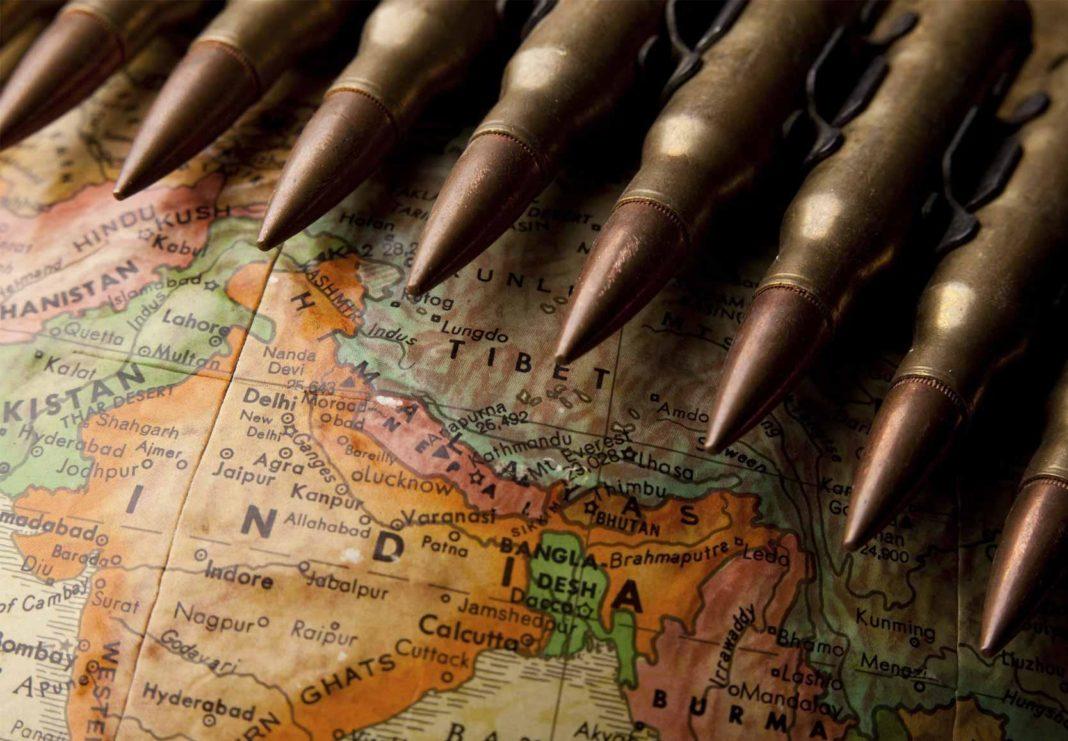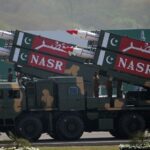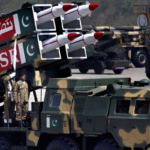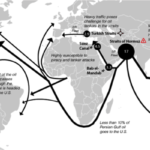Introduction
Following the strategy of Sheltered Pursuit, Pakistan completed its nuclear program and tested its weapon capability on 28th May 1998 in response of Indian nuclear tests in following year. Introduction of nuclear weapons in South Asia radically changed the threat environment. Pakistan, a credible military power but weaker economy with subsequent geographic and diplomatic shortcomings is subjected to existential threats posed by India. This indicates why nuclear weapons have granted Pakistan ultimate sense of security by rendering Indian option of initiating armed conflict in South Asia out of scope.
Indian response to Pakistan nuclear weapons, which created stability-instability paradox in South Asia, was in shape of Cold Start Doctrine. The basic idea which is actively projected by Pakistan till today is that the dangers of ignition of conflict can be averted by assuring that any conflict, even initiated on a limited scale, will ultimately turn into nuclear war. This notion reduces the likelihood of conventional war, an area where India prevails, and thereby increases the potency of proxy warfare, an area dominated by Pakistan in Indo-Pak war theatre. The aim of Cold Start is to explore deficiencies in nuclear deterrence posture of Pakistan for ‘punishing’ Islamabad in response of Kashmir borne low intensity conflicts. Though Cold Start Doctrine successfully exploited the shortcomings in Pakistan’s defenses but Pakistan assertive response in shape of Tactical Nuclear Weapons development & deployment under the banner of doctrine Full Spectrum Minimum Deterrence (FSMF) has undercut the impunities India enjoys at the sub-conventional level.
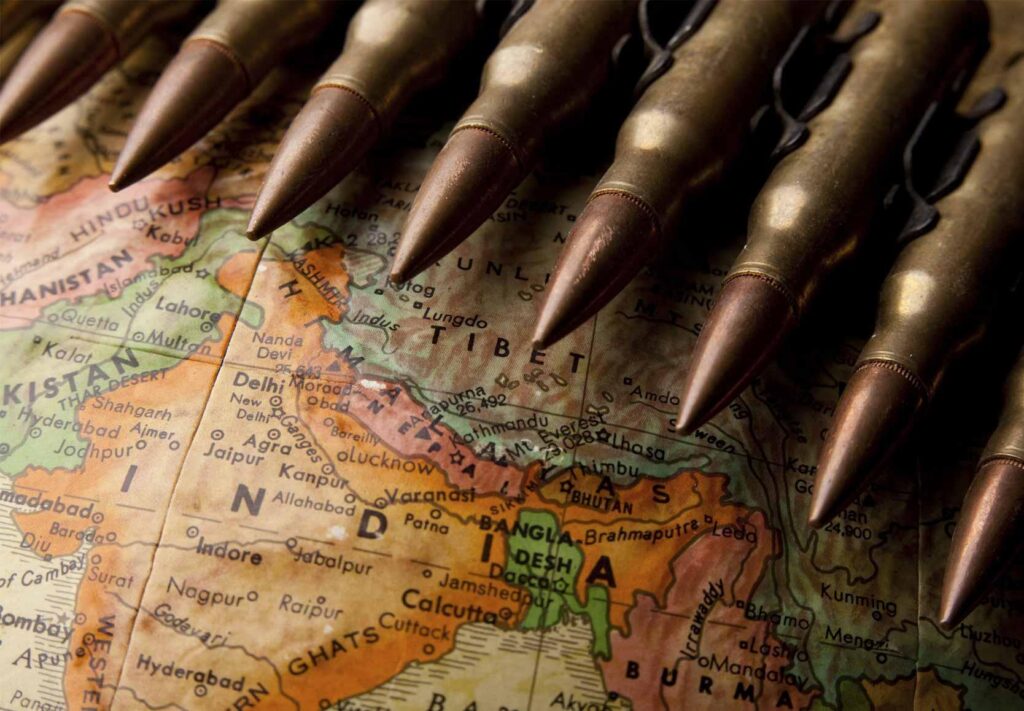
Deterrence consistency and counters against evolving Cold Start Doctrine
Ahmad Ibrahim is a contributing analyst to CommandEleven on military strategy, tactics and operations. He has completed his MPhil in Strategic Studies from National Defense University in Islamabad.


